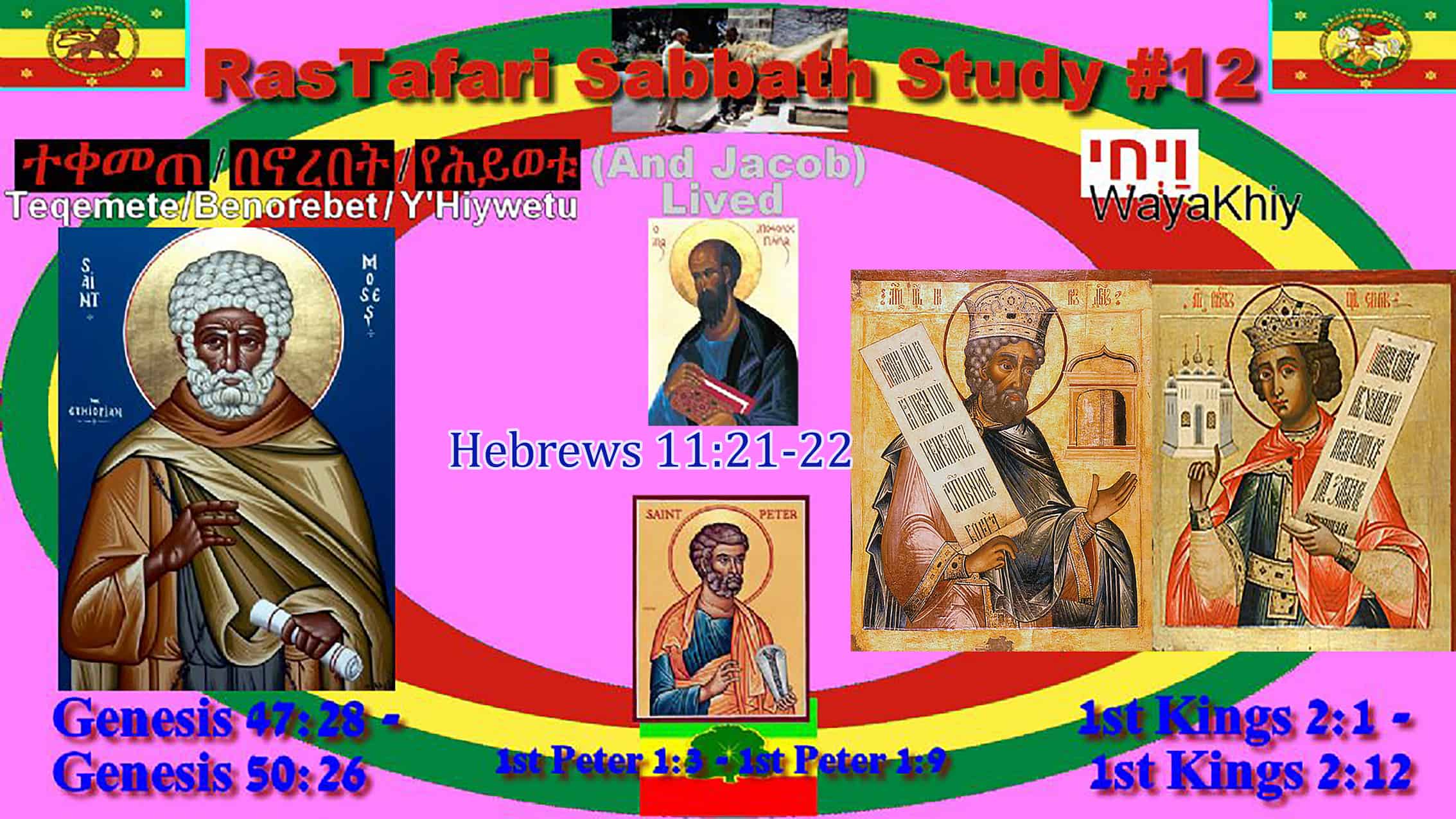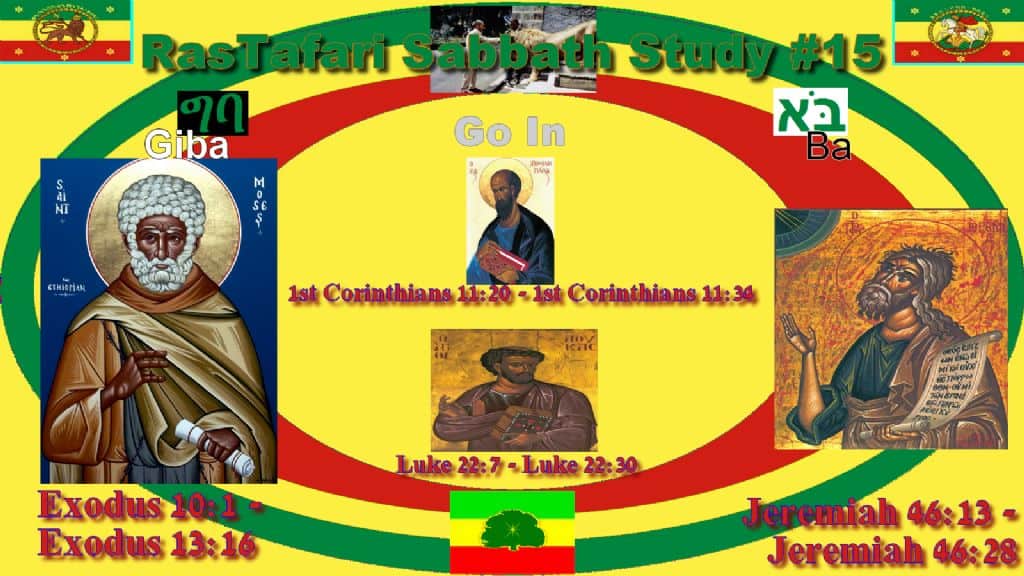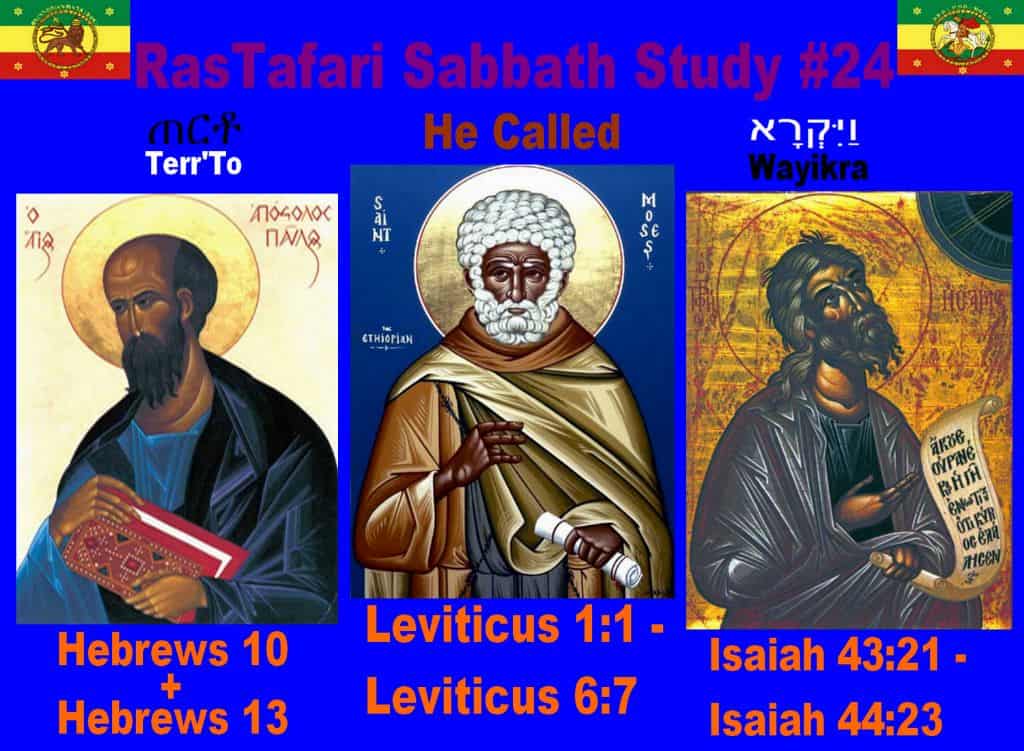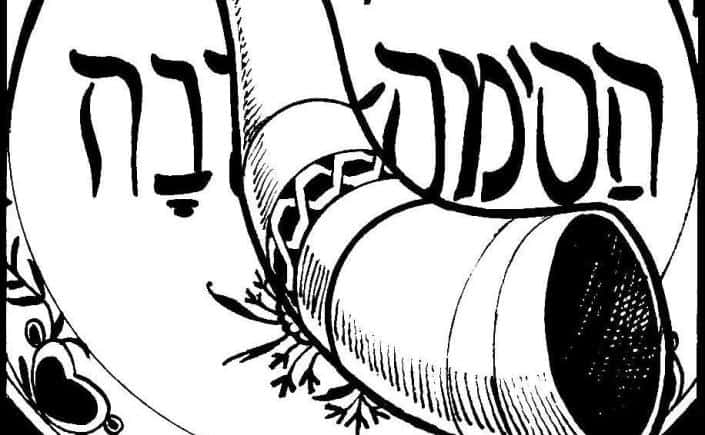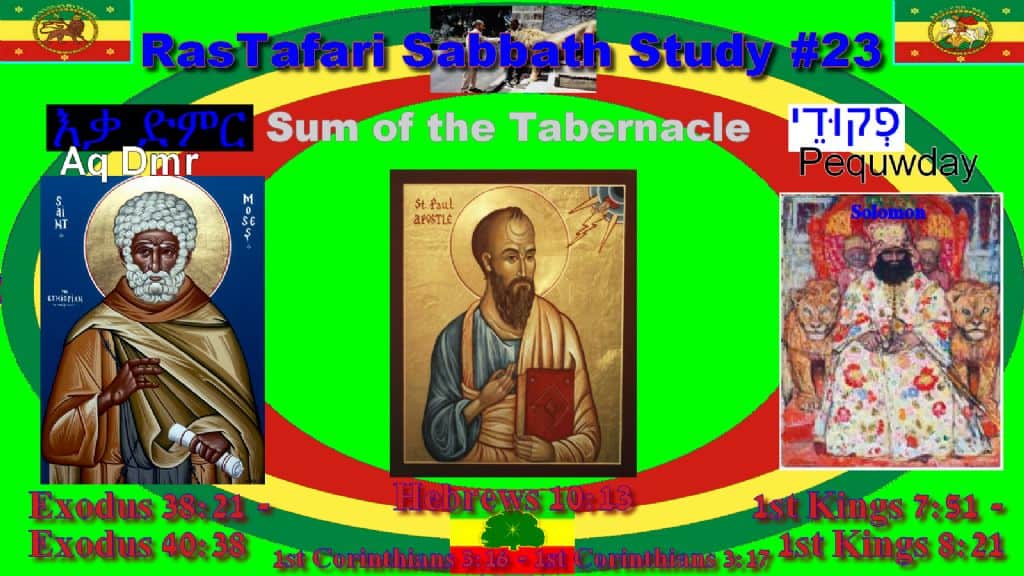This Week's Portion #12
Vayechi | ויחי | "And he lived" የሕይወቱ | YeHiywetu
*For a PDF version of All the Torah Portions Schedule, click here to download!
2. Prophets Reading
1 Kings 2:1-2:12
3. New Testament Reading
Hebrews 11:21-22; 1 Peter 1:3-9
Portion Outline - TORAH
- Genesis 47:27 | The Last Days of Jacob
- Genesis 48:1 | Jacob Blesses Joseph's Sons
- Genesis 49:1 | Jacob's Last Words to His Sons
- Genesis 49:29 | Jacob's Death and Burial
- Genesis 50:15 | Joseph Forgives His Brothers
- Genesis 50:22 | Joseph's Last Days and Death
Portion Outline - PROPHETS
- 1 Kings 2:1 | David's Instruction to Solomon
- 1 Kings 2:10 | Death of David
Portion Study Book Download & Summary
 BEREISHIT Hebrew Book of Genesis - Torah Portion Vol.1 (FREE PDF)
BEREISHIT Hebrew Book of Genesis - Torah Portion Vol.1 (FREE PDF)
The last reading from the book of Genesis is named Vayechi (ויחי), which means “and he lived.” The title comes from the first verse of the reading, which says, “Jacob lived in the land of Egypt seventeen years” (Genesis 47:28). In this Torah portion, Jacob prepares for his death by securing a double portion of inheritance for Joseph and then blessing each of his sons with prophetic blessings. The book of Genesis ends with the death of Jacob, followed shortly by the death of Joseph and a promise of redemption from Egypt.
Portion Commentary
Resurrection in the Torah
Thought for the Week:
Part of life is preparing for death, and part of preparing for death is preparing for life after death. Jacob prepared for death in full confidence because he had a relationship with the living God.
Commentary:
Some cynics say that religion is a crutch for people who fear death. That may sometimes be the case, but it certainly does not apply to those who study Torah. The Torah does not say much about life after death. It’s really not a book about how to go to heaven or what happens after we die. The Torah is more concerned with how we live in this lifetime, not the next. It is possible to read the entire Torah and conclude that there is no afterlife or resurrection from the dead. In the days of the apostles, a sect of Judaism called the Sadducees did exactly that. They read the Torah, did not see anything about an afterlife, and concluded that there is no afterlife, no heaven or hell, no resurrection from the dead. (As Sunday School teachers are quick to quip, “That is why they were Sad-you-see.”)
Another sect of Judaism from the days of the apostles disagreed. They were called the Pharisees. They read the same Torah as the Sadducees, but came to a different conclusion. Though the Torah is not a book about the afterlife or how to receive eternal life, the Pharisees found many hints and clues that pointed toward the afterlife and the resurrection from the dead.
Once, a Pharisee named Rabbi Simai was arguing with the Sadducees. They asked him to prove from the Torah that the dead would be raised.
Rabbi Simai said, “From where in Torah do we learn the resurrection of the dead? From the verse, ‘I also established my covenant with them to give them the land of Canaan.’ It doesn’t say ‘[to give] you’; it says ‘to give them.’ Therefore [since Abraham, Isaac and Jacob haven’t yet received the land] the resurrection of the dead is proved from the Torah.” (b.Sanhedrin 90b, quoting Exodus 6:4)
Rabbi Simai’s point is that God promised to give the land to Abraham, Isaac and Jacob—not just to their descendents. Yet, as the writer of the book of Hebrews points out, the patriarchs “died in faith, without receiving the promises” (Hebrews 11:13). God must keep His promise, but in order to do so, He will have to raise the patriarchs from the dead. This explains why Jacob was so adamant about being buried in the tomb of his fathers in the land of Canaan.
Rabbi Simai’s argument with the Sadducees sounds similar to Yeshua’s. When the Sadducees asked Yeshua to prove from the Torah that the dead are raised, He pointed to Abraham, Isaac and Jacob:
But regarding the fact that the dead rise again, have you not read in the book of Moses, in the passage about the burning bush, how God spoke to him, saying, “I am the God of Abraham, and the God of Isaac, and the God of Jacob”? He is not the God of the dead, but of the living. (Mark 12:26–27, quoting Exodus 3:6)
Middot U’Mitzvot (Character and Deeds)
The Dangers of Sin
Reuben was Jacob’s firstborn son. The family assumed that Reuben was to be the main inheritor. Jacob disqualified him from that position. He said, “You shall not have preeminence, because you went up to your father’s bed; then you defiled it—he went up to my couch” (Genesis 49:4). He was referring to the incident in which Reuben shamefully slept with Jacob’s concubine Bilhah. He described Reuben as “uncontrolled as water,” a poetic way of saying that he lacked self-control and was therefore not worthy to receive the birthright.
The book of 1 Chronicles summarizes Jacob’s blessing over Reuben, saying, “Reuben [was] the firstborn of Israel, for he was the firstborn, but because he defiled his father’s bed, his birthright was given to the sons of Joseph the son of Israel; so that he is not enrolled in the genealogy according to the birthright” (1 Chronicles 5:1). The tribe of Reuben never did hold preeminence in Israel. No kings or great leaders came from the ranks of Reuben.
Jacob’s blessing over Reuben reminds us of the dangers of sin. A person does not know what future opportunities he forfeits when he gives in to temptation. Spiritual potentials are lost each time we fail to stand firm against the desires of our flesh. In a second-century-BC psuedepigraphical book called Testament of the Twelve Patriarchs, Reuben is portrayed on his deathbed, warning his sons against the snares of lust:
The sin of promiscuity is the pitfall of life, separating man from God and leading on toward idolatry, because it is the deceiver of the mind and the perceptions, and leads youths down to hell before their time. For promiscuity has destroyed many. Whether a man is old, well born, rich, or poor, he brings on himself disgrace among mankind and provides [the Devil] with an opportunity to cause him to stumble. (Testament of Reuben 4:6–7)

